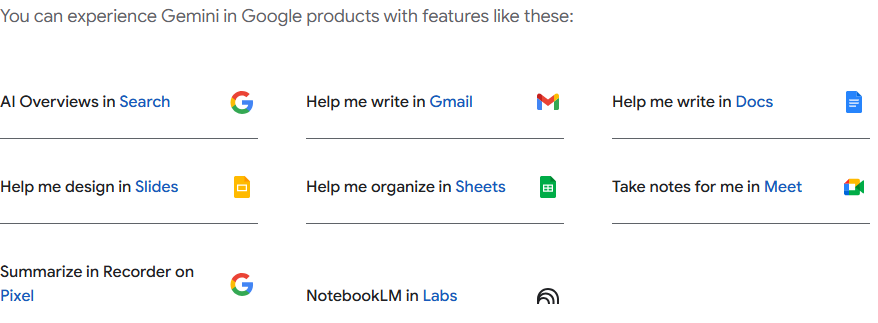Enhance Customer Relationships with Gemini AI Agent, Salesforce Integration
Imagine your company is stranded on an island, surrounded by a vast ocean (of data). You have two choices: struggle to swim through it manually, consuming time and resources, or build a boat – an AI-powered agent using the right tools (like Gemini) to navigate efficiently. Which one would you choose?
You have probably come across countless articles about AI agents, all claiming they can automate tasks, provide insights, and enhance decision-making. But how exactly do they achieve this? Are there real-world examples, or is this just theoretical talk for getting views? Let’s break it down with concrete use cases that are already making this a reality.
Gemini AI Agent and Salesforce Integration
In this article, we will discuss how Gemini AI Agent, hosted on Google Cloud and integrated with Salesforce, is driving real business transformation.
Gemini is the most advanced AI model by Google. It is powering many of their current products to make them faster and more efficient.

Screenshot taken from Gemini ecosystem page.
What is Gemini AI?
“Together, Salesforce and Google Cloud are delivering a fully AI-infused productivity suite,” says Brian Landsman. Agentforce by Salesforce is a prime example of an AI agent that easily integrates with Google Workspace. This AI agent can take actions and work smoothly within customer’s everyday apps.

Let’s understand Gemini, Salesforce, and Google Cloud integration with the help of real-world problems and solutions for better clarity.
A sales team at a B2B company struggles to efficiently qualify leads, personalize outreach, and track opportunities.
You can develop an AI agent using Gemini on Google Cloud that integrates with Salesforce to:
- Analyze lead data (company size, industry, website traffic, social media activity) to predict potential deal size and likelihood of conversion.
- Generate personalized email and LinkedIn messages tailored to individual leads, considering their interests and company information.
- Help monitor deal progress, identify potential roadblocks, and suggest proactive measures to close deals faster.

A retail company struggles to automate and optimize its marketing campaigns, leading to inefficient ad spends and low engagement with the target audience.
#A Practical Solution: By leveraging Gemini on Google Cloud integrated with Salesforce, the company can streamline its marketing efforts through AI-powered solutions:
- Gemini can analyze customer data from Salesforce (purchase history, browsing behavior, demographic info) to segment the audience and predict which customers are most likely to engage with specific products or offers.
- Using Gemini’s AI, personalized marketing messages are generated and automatically delivered through the most effective channels (email, SMS, or social media), ensuring relevance to each customer segment.
- Google Cloud’s analytics tools, integrated with Salesforce, allow real-time tracking of campaign performance. Gemini analyzes data patterns to optimize ad spend, adjust bidding strategies, and identify the most successful content types.
The AI agent powered by Gemini monitors interactions and lead behavior in Salesforce, triggering automated follow-up actions, such as sending personalized emails or offering discounts, to convert leads into loyal customers.
/filters:no_upscale()/news/2024/04/gcn-agent-builder/en/resources/1Vertex%20AI-1713271646996.jpg)
If you integrate Gemini AI with Salesforce on Google Cloud, you can revolutionize your CRM strategies. Here are some advantages that this trio will bring:
- Gemini AI-powered chatbots can handle routine inquiries, reduce response times, and improve customer satisfaction. Natural language processing also boosts human-like interactions.
- AI agents use predictive analytics to identify high-potential leads and suggest personalized engagement strategies, helping sales teams prioritize efforts effectively. Understanding customer needs better through Gemini agents leads to more meaningful interactions.
AI-driven workflows ensure timely and relevant customer interactions by automating data entry, scheduling, and follow-ups, reducing the manual workload for sales representatives. Timely responses minimize friction in customer interactions.




















